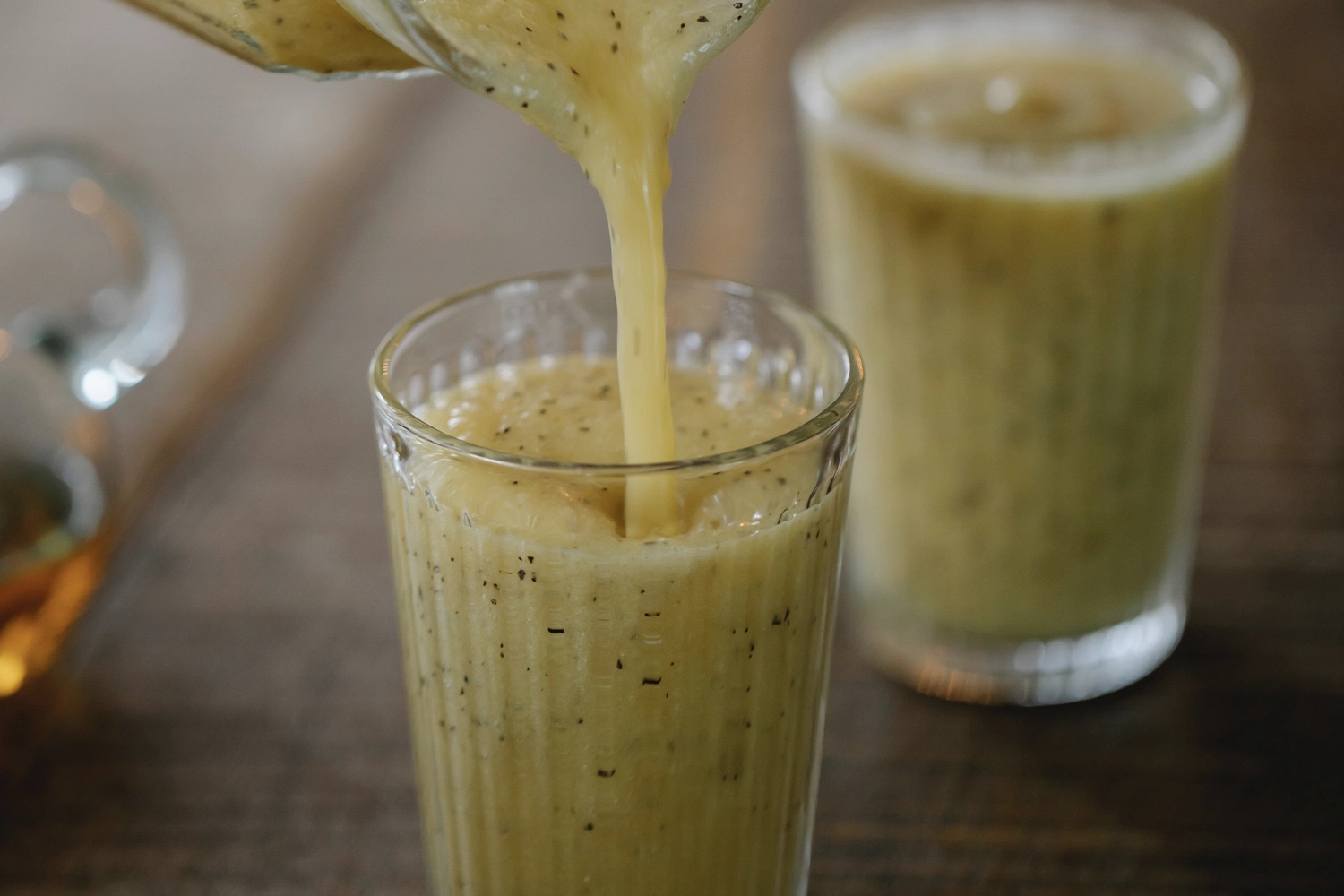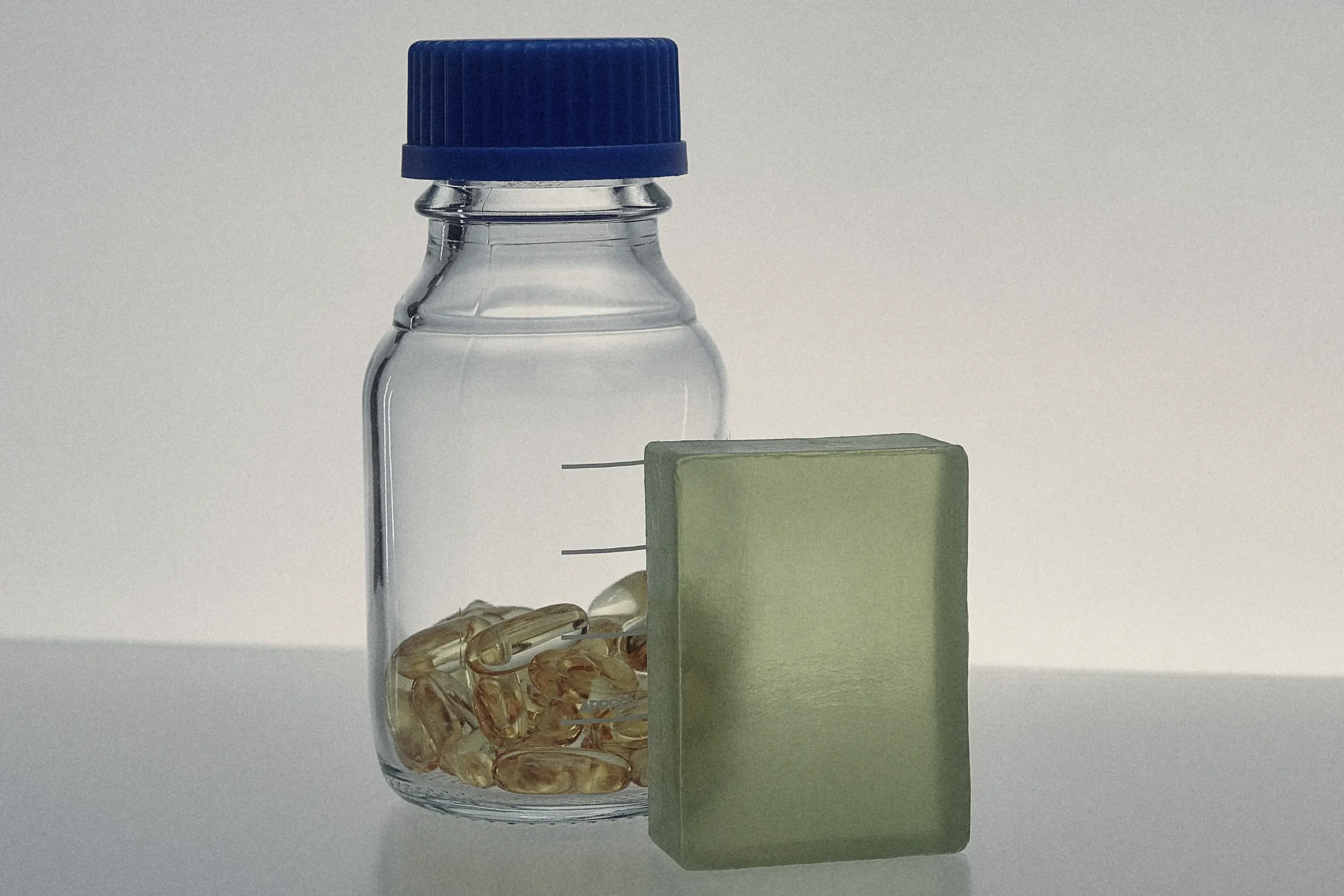Crohn’s disease is an inflammatory bowel disease characterized by chronic inflammation in your gastrointestinal tract. This inflammation can be found in your small intestine (most common), your large intestine, or both. The main cause of Crohn’s is still unknown, although genetic predisposition and improper immune system response may play a role. Poor diet and high stress levels can also influence Crohn’s symptoms. In addition to medical treatments, whole body interventions that target food and mood may help to improve your overall quality of life. (Source, Source)
In this article we’ll provide an overview of Crohn’s symptoms, what to eat during a Crohn’s flare-up, and 4 therapeutic diets that may help support remission.

Symptoms of Crohn’s Disease
Crohn’s disease occurs when your immune system mistakenly attacks healthy tissues lining your gastrointestinal tract, which swell and become inflamed. Symptoms of Crohn’s disease and their severity may differ from one person to another, depending on how much inflammation has spread and whether other organs are affected. When symptoms are not active, this is known as a period of remission. Interventions, both medical and complementary, are designed to keep people with Crohn’s in periods of remission for as long as possible and limit the effect of chronic inflammation in the body. (Source)
Symptoms of Crohn’s disease include:
- abdominal pain and cramps
- diarrhea
- nausea
- vomiting
- lowered appetite
- weight loss
- fatigue
- fever
- anemia
- blood in stool
- stunted growth, in children
- kidney stones
- skin conditions
- inflamed joints
- inflamed eyes
What to Eat During a Crohn’s Flare Up

A Crohn’s flare-up occurs when symptoms suddenly increase in severity, often after a period of remission. In some cases, the cause of a flare-up may not be clear. To further complicate matters, foods that may be tolerated during remission are sometimes no longer advised during a flare-up as they can worsen symptoms. This emphasizes the importance of working with your care team to develop a personalized plan designed for your unique circumstances. (Source)
The Crohn’s and Colitis Foundation lists the following foods to avoid during a flare-up:
- spicy foods
- high-fat foods (such as fried foods, butter, and coconut)
- alcohol and caffeinated beverages
- sugary foods
- fruit juices
- high fiber fruits with peels and seeds (such as apples)
- raw cruciferous vegetables (such as cauliflower and broccoli)
- whole nuts
- lactose (found in most dairy products)
(Source)
Depending on how well you tolerate the following foods, some safer options may include:
- low fiber fruits (such as melon, banana, and cooked fruits without peels)
- cooked vegetables (without peels)
- lean proteins (such as poultry and fish)
- nut butters without additives (rather than whole nuts)
(Source)
The Crohn’s and Colitis Foundation also lists eggs, firm tofu, and refined grains as potentially safe foods during a flare-up. However, these foods may provoke food allergies or sensitivities in those with digestive problems or autoimmunity issues. Depending on your health history, consuming them may not be advised. (Source)
Vitamin and mineral deficiencies can occur in Crohn’s disease because of improper digestive function or removing food groups during diet elimination periods. In addition to temporary dietary changes, your care team may also recommend nutritional supplements. (Source)

.svg)
.png)















.webp)


.webp)
.png)

%2520(1).webp)









%2520(1).jpeg)

.webp)
.webp)

.webp)

%2520(2).webp)

%2525201%2520(1).webp)

%25202%2520(1).webp)




.svg)
.svg)